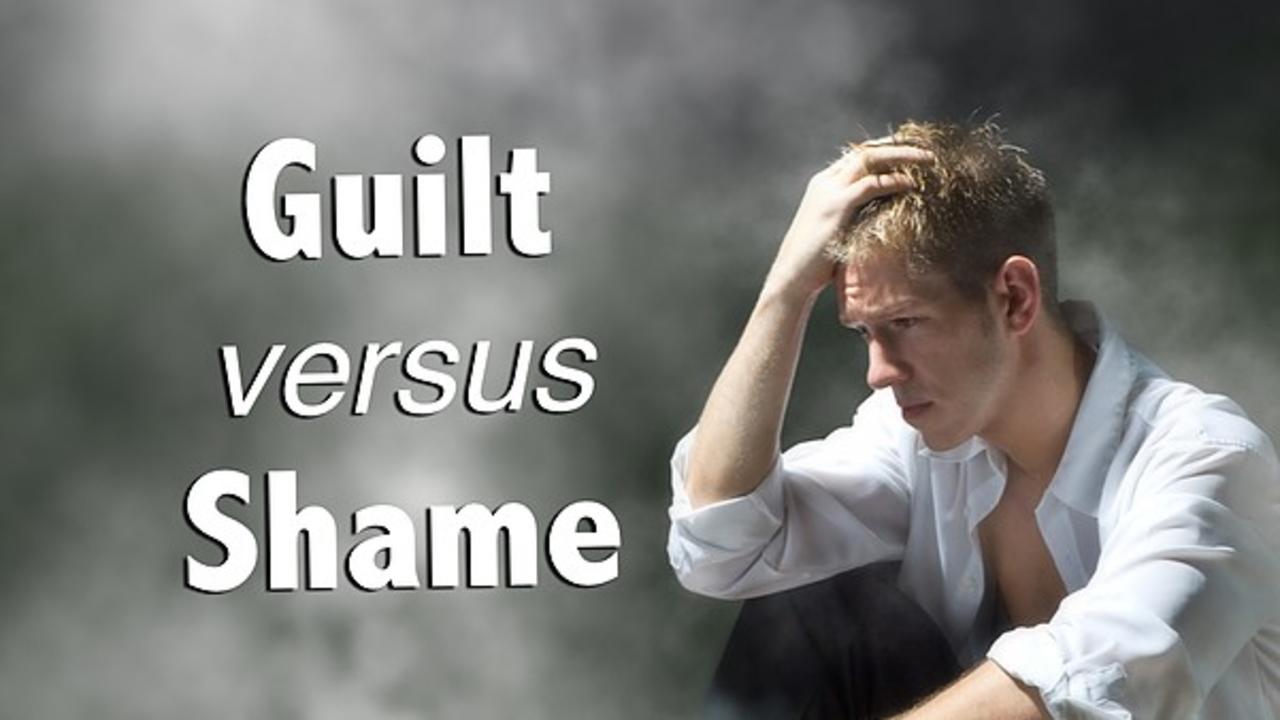Relationship Help - Guilt versus Shame

Regret calls us to look at a previous behavior or choice. A physician named Craig Bowron states that regret can affect a person growth negatively, positively, and guess what? We choose how regret will affect us by the emotion we use to translate our regrets.
When we look back we determine how we will think about, relate to, and make sense of and then use this thing called regret, there are two emotions that although many people think about them as interchangeable, from a psychological perspective, they actually refer to different experiences. These two emotions are guilt and shame.
The same action may give rise to feelings of both guilt and shame, where shame reflects how we feel about ourselves and the guilt involves an awareness that our actions have injured someone else.
In everyday language people tend to use these two words more or less interchangeably; as a therapist, the distinction I'm trying to clarify is important and useful. Many people crippled by shame have very little capacity to feel guilt, for example. Many people who display narcissistic behavior often suffer from profound feelings of shame but have little authentic concern for other people; they don't tend to feel genuinely guilty. The lack of empathy to be found in narcissistic personality disorder makes healthy guilt that reminds us that our choices and actions have consequences in the lives of others, is unlikely since guilt depends upon the ability to imagine how someone else might feel.
Healthy empathic regret is fueled by a sense of responsibility and accountability.
Depression strengthens regret, when happiness and delight weaken it, but healthy regret can be helpful in maintaining relationships because it motivates us to apologize and take responsibility for the ways we hurt another’s heart.
Shame, on the other hand, is in my opinion, a useless emotion. It is a dark tyrant that loathes, and savages the self.
While guilt causes us to reflect and inspires us with a desire to make restitution; shame charges us, condemns us, vilifies us, and tears holes into the fabric of our souls.
So what is the difference between guilt and shame? Guilt, framed correctly, provides growth, insight, and movement toward a more positive interaction between us and those we love. While shame inhibits, terrorizes, freezes and stunts us in ways that hinder, harm and hurt our hearts and the hearts of those we love.


